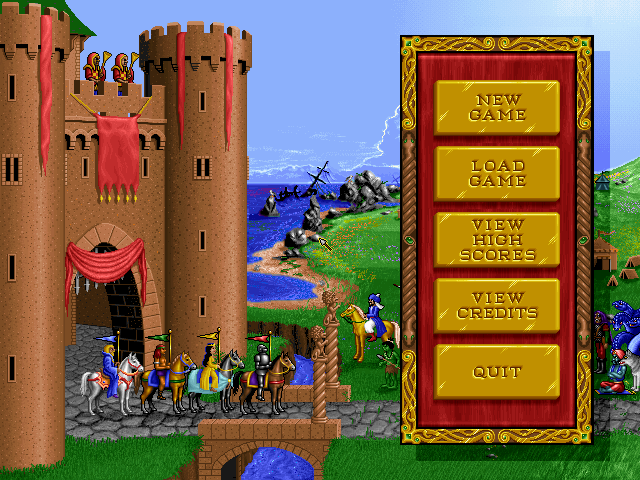Reply 20 of 42, by Frasco
wrote:wrote:could be a broken solder joint.
That's something I would try. If you have a solder iron, heat up every solder joint.
I did this with a non-working GUS PnP and it came back to life 😀
My SB32 CT3670 has a broken solder in the speaker out connector. I can see it (big crack) and the
connector is loose. Thanks to it, I lost one channel.
The Line out is fine, but it does not amplify the output. I got to fix the speaker out...
Solder iron ? There are some obstacles in the way.
Removing the speaker out connector doesn't look good to me.
Hot air (400C degrees) maybe ?
Damn ! I feel dizzy again trying to grasp terms like scope and TO92 5V regulators 😠
Is this a component with three legs ? I just don't want to hurt my SB32 learning stuff !

